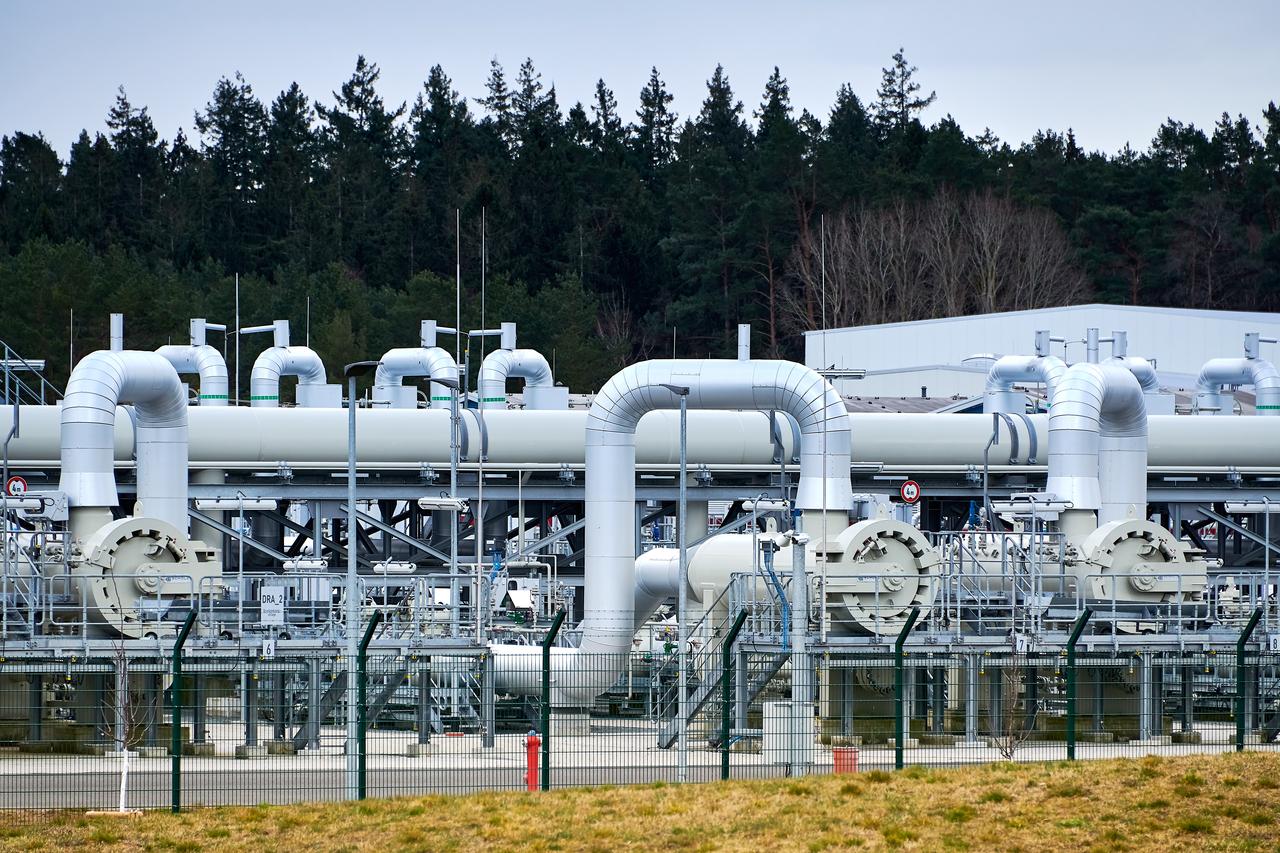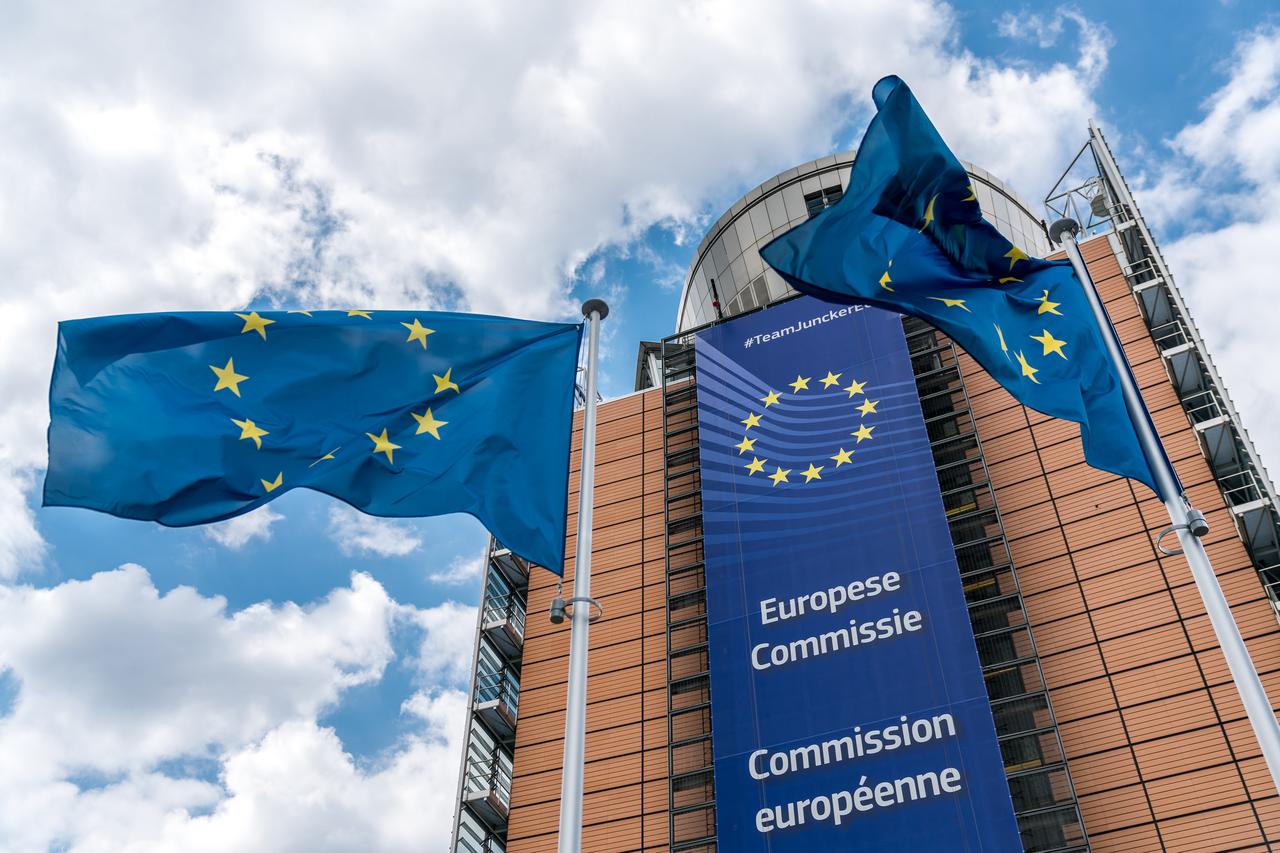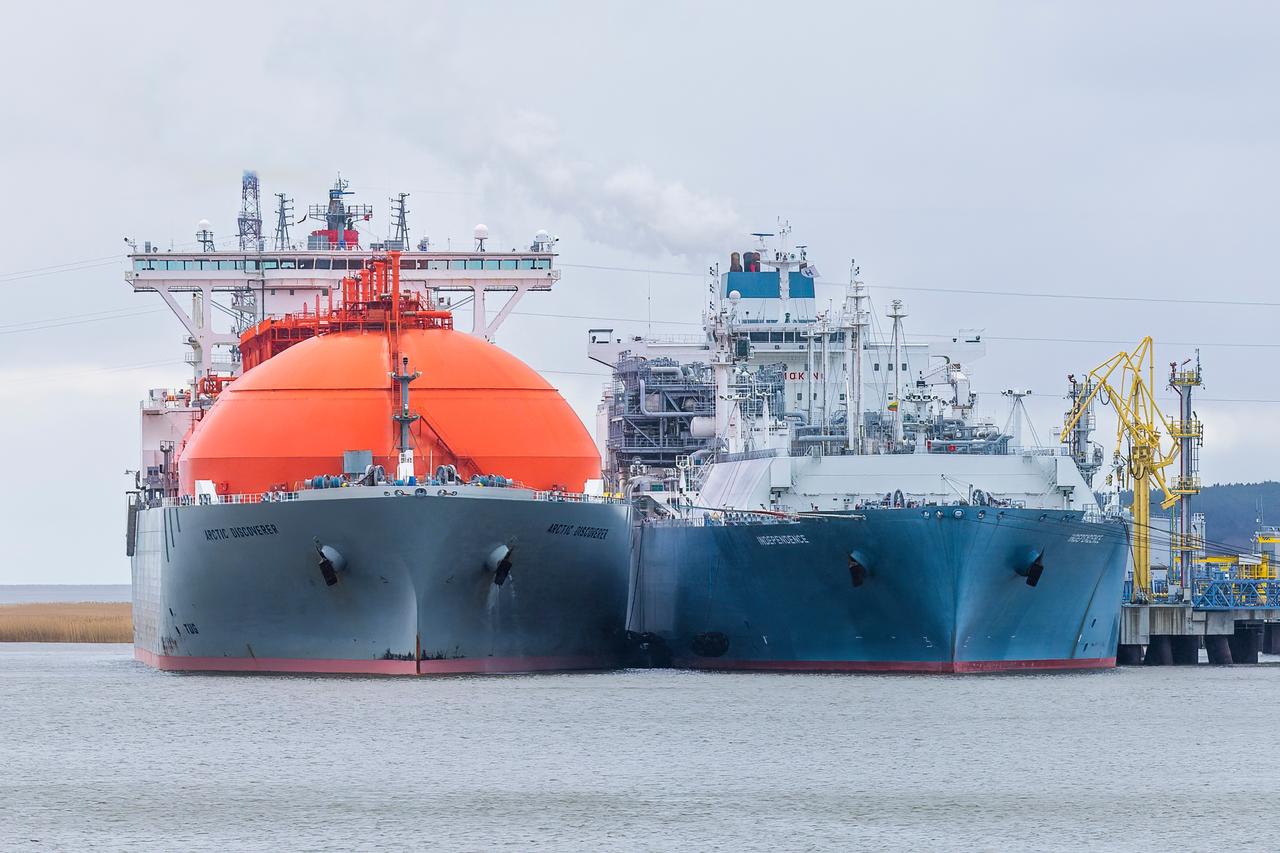
The European Commission on Tuesday unveiled a two-step plan to phase out all natural gas imports from Russia by the end of 2027, as part of its broader effort to reduce reliance on a single supplier and improve energy security across the bloc.
The proposal, published by the European Commission, outlines a timeline that would first prohibit the signing of any new long-term contracts and spot purchases for Russian gas—including both pipeline deliveries and liquefied natural gas (LNG)—after December 31, 2025. Existing short-term contracts will also be allowed to expire without renewal.
Under the second phase, beginning January 1, 2028, all remaining imports of Russian gas will be fully banned. This will apply regardless of the form in which the gas is delivered and will bring natural gas in line with previous EU bans on Russian coal and oil introduced in response to Moscow’s war in Ukraine.

Before Russia’s invasion, the country supplied more than 40% of the EU’s natural gas. Since then, the bloc has moved quickly to diversify its energy sources, boosting imports from other countries, expanding LNG infrastructure, and investing in renewable alternatives. The Commission’s latest proposal is intended to formalize and complete this transition over the next two years.

European governments have already significantly reduced Russian gas volumes through national-level decisions and EU-wide sanctions. The Commission’s plan seeks to ensure consistency across all member states, preventing future re-engagement with Russian energy once the existing arrangements expire.
While the majority of member states have expressed support for the timeline, Hungary has voiced strong opposition, citing ongoing energy cooperation with Russia and concerns about supply shortages and rising prices.
In addition to the gas phase-out, the Commission is expected to introduce new proposals targeting other Russian energy exports in the coming weeks, including measures to restrict imports of nuclear fuel and to limit the use of so-called “shadow fleets” to transport Russian oil.